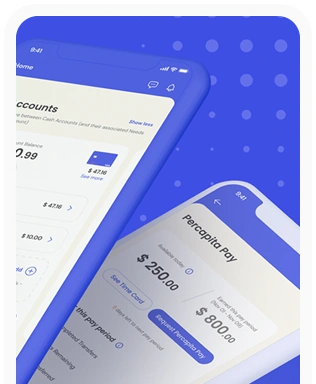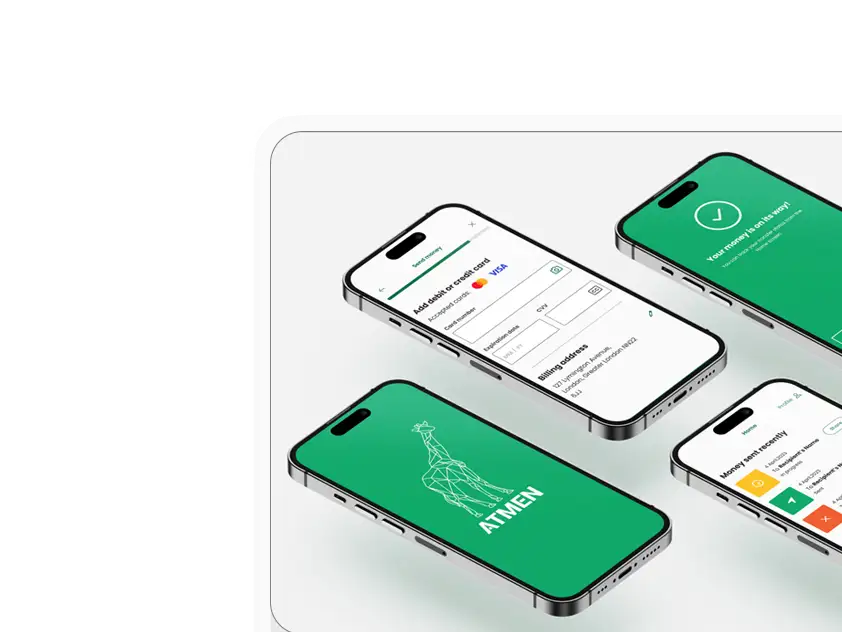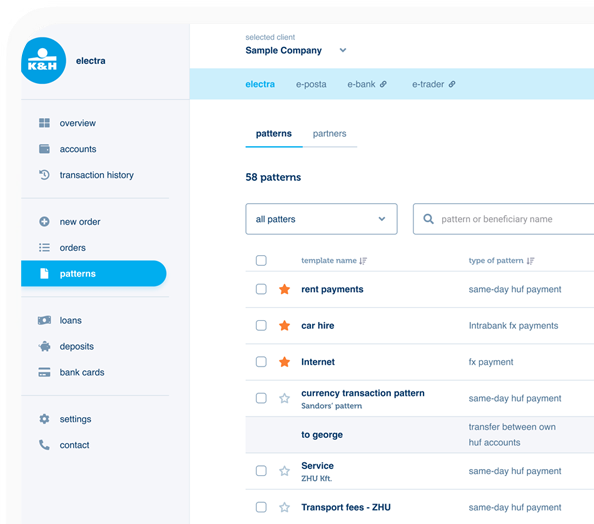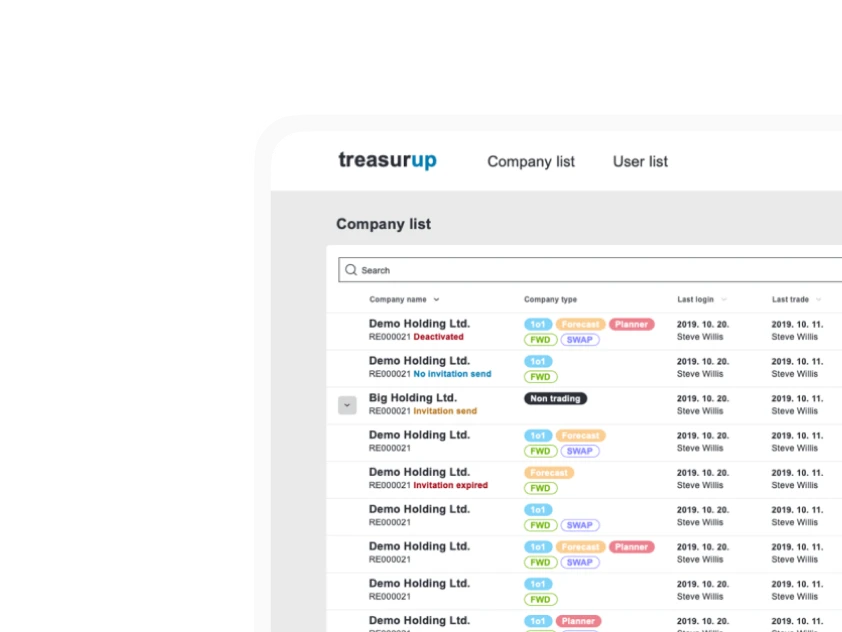When Shopify Buries the UX Title: A Battle Over Labels or a Sign of UX Maturity?
When a company like Shopify, known for its strong design focus, drops UX from its job titles, it's guaranteed to make waves in the industry. The move, led by design chief Carl Rivera, comes with a bold explanation: AI can now handle basic usability, so human designers must focus on creating "unforgettable" experiences built on taste and affinity. His statement has sparked a huge debate, splitting the community between fears of devaluation and theories of professional evolution.
A piece of news recently caused a stir in professional circles: Shopify, a company widely recognized as design-centric, announced it is dropping UX from its job titles. Carl Rivera, the company's Head of Product Design, explained the decisionin a short series of posts on X: "We just dropped UX as a title at @Shopify. Same for Content Design. If you design, you're a Designer. If you write, you're now a Writer. Simpler. Better.".
The news immediately sparked speculation across professional forums, with reactions ranging from surprise and cynicism to deeper analysis. The topic touches a raw nerve, raising an inevitable question: What does this move mean for the future of the profession?
Concerns in the UX Community
 By bringing designers under the Product umbrella, the distinct voice of design as a user-advocacy discipline might be weakened
By bringing designers under the Product umbrella, the distinct voice of design as a user-advocacy discipline might be weakenedThe discussions revealed two main, often diametrically opposed, schools of thought. On one side, there is the more pessimistic camp, which sees this as a distinctly negative development, voicing several deep-rooted concerns:
- Dilution of Responsibility: One of the most common fears is that if UX is not in anyone's title, then who is ultimately responsible for the user? Critics worry this move suggests the company will place less emphasis on the classic, user-centered research and design processes that form the backbone of the profession.
- The Generalist Trap and Devaluation of Specialization: Many fear that the new, more generic Product Designer role will pressure professionals to be experts in everything – from coding to business strategy. This could lead to the devaluation and erosion of deep, specialized knowledge (in areas like research, interaction design, and accessibility). It raises the question of how professional depth and seniority can be clearly defined in such a model.
- Shifting Power Dynamics: This change can also play into the hands of Product Management. By bringing designers under the Product umbrella, the distinct voice of design as a user-advocacy discipline might be weakened. The fear is that designers will become executors serving the business goals and feature lists of product managers, rather than acting as equal partners representing the user's perspective.
- The Shadow of Artificial Intelligence: Speculation suggests this move could be a precursor to a future where more repetitive UX tasks (wireframing, summarizing simple research, generating UI components) are taken over by AI tools.
- The Ambiguity of the Product Designer Title: Many pointed out that the title Product Designer is extremely inconsistent across the industry. At some companies (e.g., Meta), it's a highly visual, UI-focused role, while at others (e.g., Google), it covers a full-spectrum, strategic UX skill set. Thus, many argue that Rivera's claim of "Simpler. Better" doesn't hold up, as the new label is at least as ambiguous as the old one.
Design as Art, Not Science
On the other side, however, stands Carl Rivera's official reasoning, which goes far beyond a simple organizational change. At first glance, the explanation is about radical simplification.
The real provocation, however, lies in his subsequent posts. According to Rivera, the goal is to "get away from terms that make our craft more science than art." In his view, the role of design is fundamentally changing in the age of AI: "AI enables anyone to make things usable: Our job is to make them unforgettable." He essentially posits that usability, a cornerstone of classic UX, is becoming a baseline level that can be automated.
 The designer is not an engineer running processes and optimizing metrics, but a creator with unique taste and vision
The designer is not an engineer running processes and optimizing metrics, but a creator with unique taste and visionAccording to Rivera’s vision, the added value of the human designer no longer lies in making things usable, but in more subjective, harder-to-measure qualities. As he puts it: "We hire for taste. For aesthetics. For a point-of-view. It's the difference between utility and affinity. Anyone can generate a good baseline: Designers reach for the ceiling." Rivera, therefore, talks of a future where the designer is not an engineer running processes and optimizing metrics, but a creator with unique taste and vision who crafts emotional connections and “unforgettable” experiences.
The Reality Beyond the Labels
First, a more pragmatic, almost cynical question arises: Is it possible that the profession is reading too much into a single company's internal decision? It's conceivable that Rivera, as a new leader, simply wanted to leave his own mark on the organization with a big statement. In the world of large corporations, it's not uncommon for new management to mark their territory with a spectacular, even if only symbolic, change. In this reading, dropping the UX label is not necessarily a profound philosophical milestone, but a leadership decision that means exactly what we see on the surface: a reorganization.
This possibility, however, doesn't make the questions raised any less interesting. In fact, it might make them even more compelling, as it highlights how much the fate of design depends on organizational culture and leadership intent. But regardless of titles, where does the true value of UX really lie? Perhaps, perhaps it's not on business cards or LinkedIn profiles, but in the processes, the mindset, the tangible end result. Changing a label means little if the underlying corporate culture and processes don't change with it.
The Real Goal Isn't a New Title, But a Mature Organization
 The truly critical question for any organization is how deeply the principles of user-centricity are embedded into their culture
The truly critical question for any organization is how deeply the principles of user-centricity are embedded into their cultureUltimately, the entire debate surrounding Shopify's decision – whether it's a philosophical evolution or a new leader's power move – can obscure the most fundamental issue. The discussion about titles like UX Designer versus Product Designer is a symptom of the industry's varying – and often low – levels of design culture and integration, not the root cause. The truly critical question for any organization is not what they call their designers, but how deeply the principles of user-centricity are embedded into their culture, processes, and strategic decision-making.
This is the essence of UX maturity. In a high-maturity organization, where user research is standard, cross-functional collaboration is seamless, and leadership understands design as a strategic partner, a title change might indeed be a simple semantic adjustment.
However, in a low-maturity organization, the same move could be catastrophic. Without a strong, established culture of user advocacy, removing the UX title could easily lead to the very dilution of responsibility and devaluation of research that the community fears. The label, in this context, acts as a necessary shield – a formal reminder of a function that is not yet fully integrated.
Therefore, the real takeaway here is that the title itself is irrelevant without the underlying organizational maturity. The ultimate goal for any business aiming to thrive shouldn't be to chase the latest naming trends from Silicon Valley. It should be to invest in the hard, systematic work of building a truly user-centered culture.









